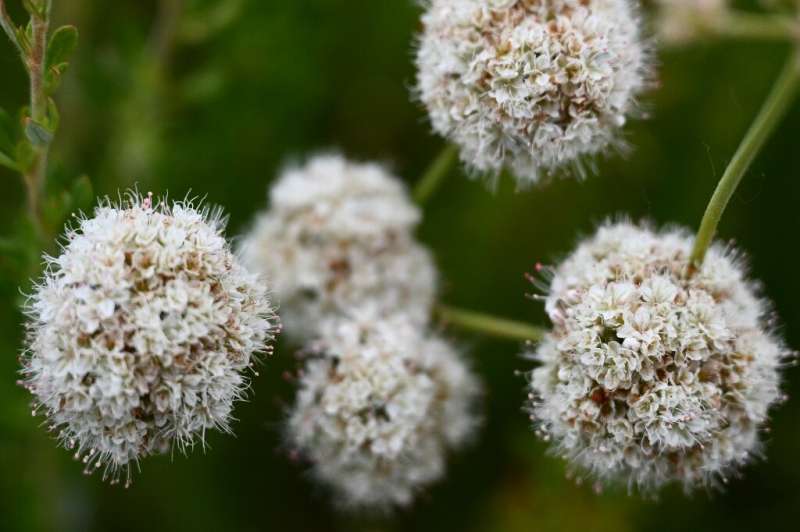
A cleaning initiative operated by the University of California Riverside is assisting California in getting rid of industrial waste using plants and fungi. Experts refer to the plants as solar-powered vacuum cleaners because of their exceptional ability to suck heavy metals from soil and totally clear it of all sorts of pollution.
California buckwheat, whose gorgeous pink and white blossoms have this remarkable potential to detoxify the soil, is one such plant used in the procedure. “That’s the miracle of life,” 68-year-old volunteer Kreigh Hampel was quoted as saying by the Phys.org website.
What is the detoxification procedure?
Several California plants and fungi, including telegraph weed, California bush sunflower, and oyster mushrooms, can absorb heavy metals and assist in degrading pollution. They absorb metals such as lead into their bodies. When these plants are removed from the site, the earth is thoroughly sanitized.
“When we pull out the plants, we’ve removed the lead from the soil,” explains Danielle Stevenson, the program’s chief mycologist. According to her, lead removed from plants can be recycled and repurposed.
Similarly, oyster mushrooms are effective at absorbing diesel from the soil. “Those same fungi that in nature would eat a dead tree will also recognize diesel oil, for example, as a food source. The reason is, it’s basically the same thing. A lot of our fossil fuels are just dead stuff that got compressed over long periods of time,” observes Stevenson.
Much better than the typical method of site cleanup?
Bioremediation techniques, according to Stevenson, are proving to be a highly cost-effective alternative to traditional procedures of environmental cleanup.
She explains, “The conventional method of cleaning up sites is just to dig up all the contaminated soil and dump it somewhere else. That approach doesn’t actually solve the problem, right? It just moves it somewhere else.” This approach has not only been ineffective in tackling the issue but has also proven to be a financial burden.
With a budget of around $200,000, the bioremediation project, which is being carried out in three locations in the Los Angeles area, has shown enormous promise thus far. Early results have encouraged scientists and stakeholders involved in environmental remediation to be optimistic.
The low cost of bioremediation has the potential to transform the cleanup efforts necessary for numerous commercial sites that have outlived their usefulness and have been abandoned.
